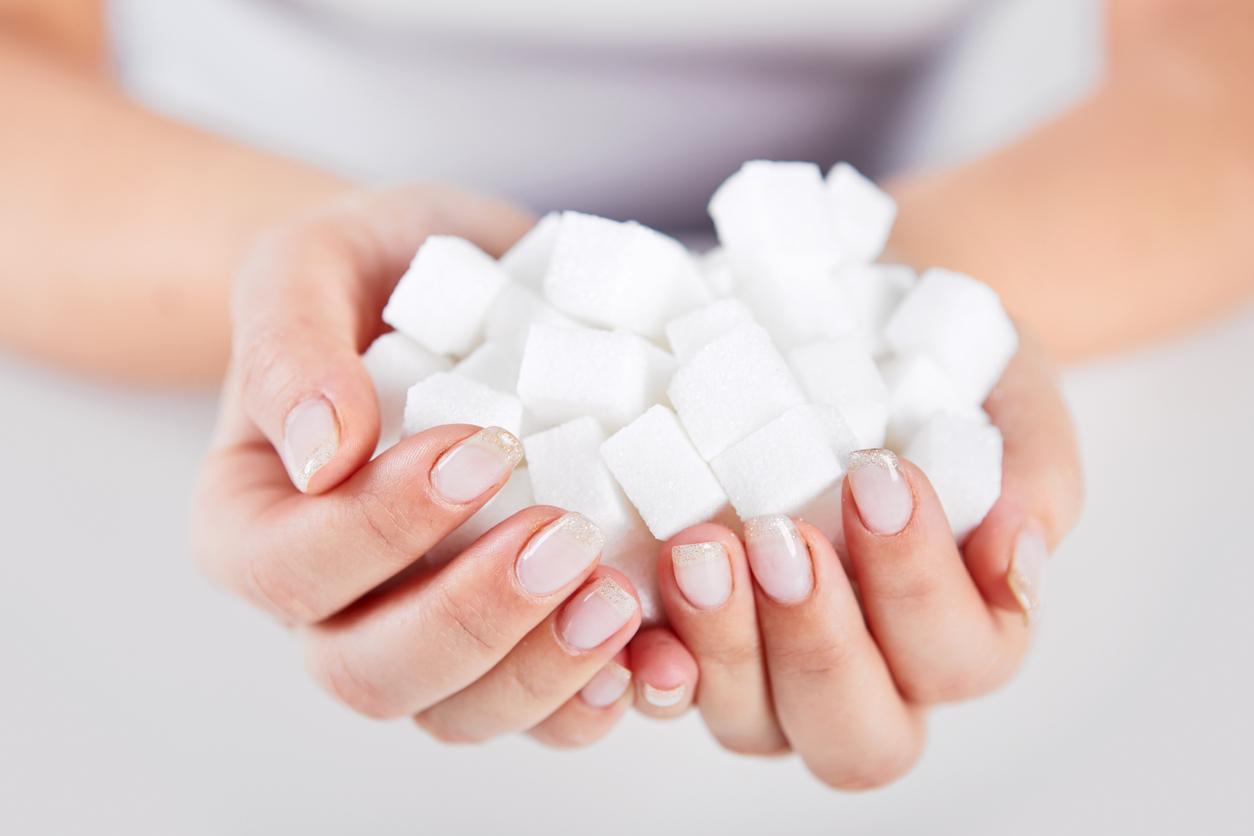Chocolate bars less rich in sugars but with an unchanged taste. This is the promise of the multinational Nestlé which claims to be able to reduce the amount of sugar in some of its flagship sweet products containing chocolate without altering the flavor.
“Using natural ingredients, the researchers found a way to structure the sugar differently. So even if less sugar is used in chocolate, your tongue continues to perceive the taste of sweet the same,” explains the firm in a statement.
Less sugar while maintaining the illusion that nothing has changed, how is that possible? The mystery recipe is as well kept as that of the famous American soda. We just know that the secret is based on a traditional natural ingredient, according to Stefan Catsicas, the technological director of the Nestlé group, quoted by 20 minutes. Therefore, the conjectures are rife: can this ingredient be a natural sweetener like Stevia, with power 200 to 300 times sweeter than sugar but without the calories?
Difficult to know more. The mystery also persists on the chocolate confectionery which could benefit from this revisited recipe expected by 2018. It should be the subject of a patent.
In any case, this announcement sounds like good news at a time when the addiction to sugar, and more generally to too fatty and sugary products, has become a public health problem. Eating too sweet indeed increases the risk of overweight, obesity, of Type 2 diabetes but also cardiovascular diseases (such as excess fat).
Tax sugary drinks … Before all sugary products?
In France, the state began to seize the problem by attacking sugary drinks through the “soda tax” (2.51 cents per 33 centilitre can) introduced in 2012 under Nicolas Sarkozy. A parliamentary report referred to new avenues of taxation on sweet products. Among these, the idea of increasing VAT on chocolate bars, for the moment at 5.5%, which would rise to 20%. The surtax on all sweet products is also on the table. The fruit of these reflections should be known in 2017.
The taxation of sugary drinks is supported by the World Health Organization who questioned the States on this subject in October. While the WHO recommends not to exceed in quantity of sugar 10% of daily energy intake, it plans to reduce this recommendation to 5% (i.e. 25 grams of sugar or 6 teaspoons).
Also read: Sweeteners, do they make you fat or not?
Slimming: four new ways to replace sugar

















